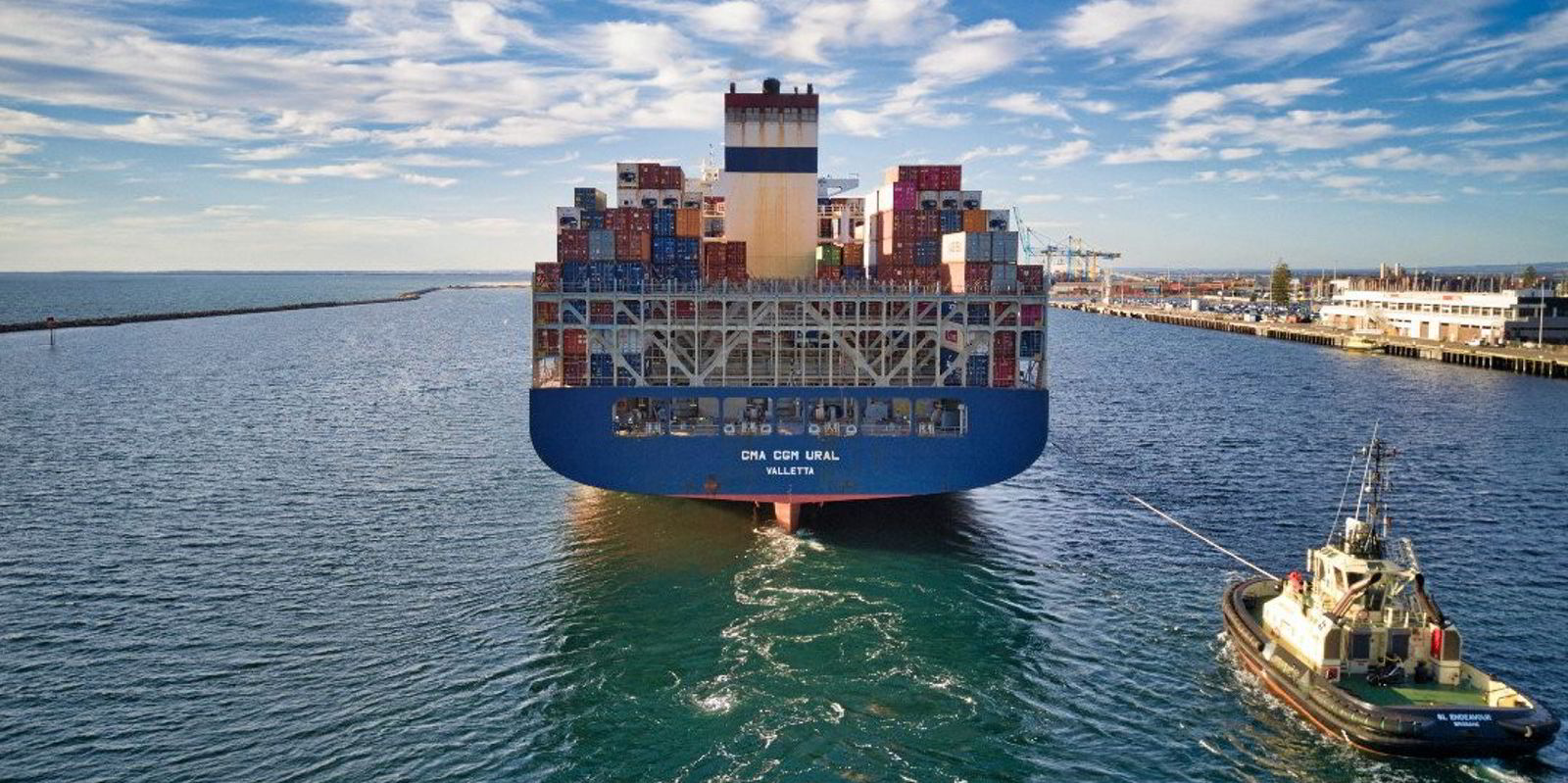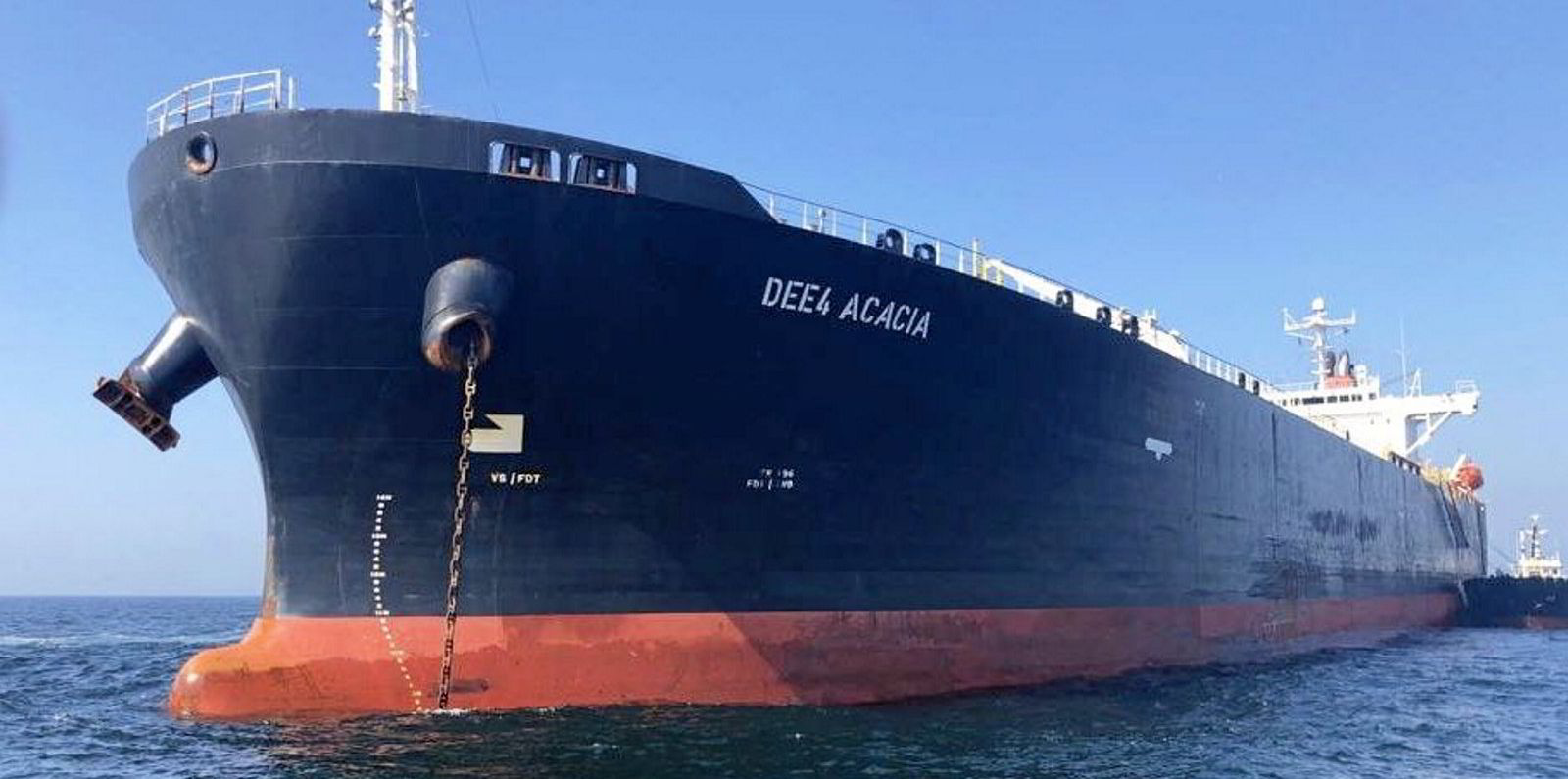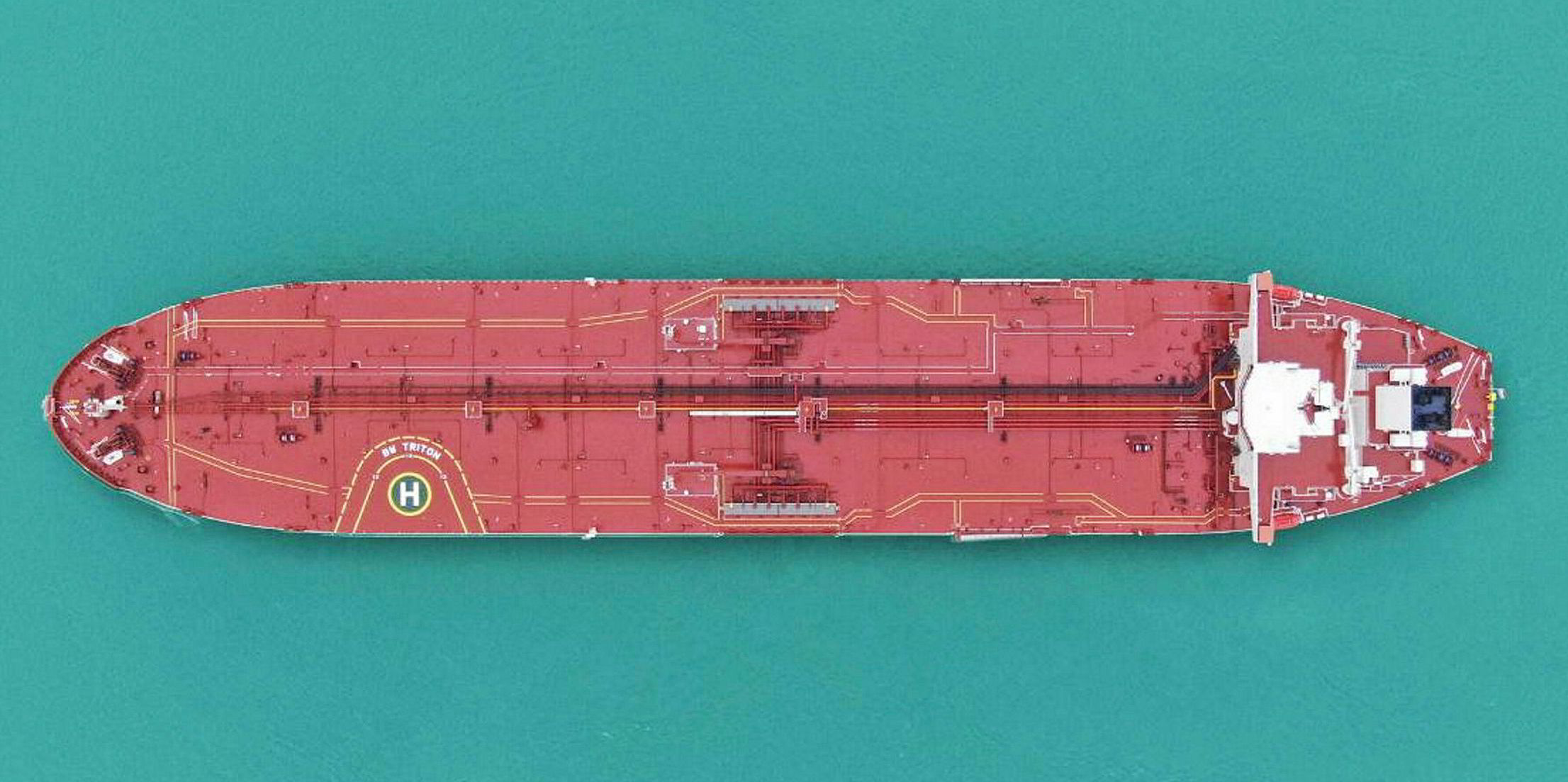Australia has taken a step closer to finally establishing a national fleet, but the move has come in for criticism from an industry body.
On Thursday, the government appointed a taskforce to guide the establishment of Australia’s Maritime Strategic Fleet, which it said would “strengthen our economic sovereignty and improve national security”.
The plans call for an initial fleet of Australia-flag 12 vessels that will be Australian-crewed, according to Catherine King, the minister for infrastructure, transport, regional development & local government.
The ships would be privately owned and operate on a commercial basis, but could be requisitioned by the government in times of national crisis such as natural disasters or conflict.
Over the past 20 years, the number of vessels in the major Australian trading fleet — vessels over 2,000 dwt — has decreased from 37 to 15.
“The strategic fleet taskforce will guide the government on how to establish Australia’s fleet as quickly as possible,” King said.
“It will also provide advice on what legislative or regulatory reforms are necessary to support the strategic fleet and Australian shipping.”
The taskforce, which is due to meet this month, will comprise representatives from the shipping industry, major charterers, unions, business representatives and the Department of Defence.
It will be chaired by John Mullen, who is said to bring extensive experience in international transportation and logistics.
Joining the task force are shipping policy specialist Angela Gillham; Dr Sarah Ryan, a leader in the energy industry; Major General Jason Walk from the Department of Defence; and Paddy Crumlin of the Maritime Union of Australia.
The taskforce will deliver its advice to the government in two phases, with the first phase to report on high-level strategic objectives by the end of the year. Maritime and other stakeholders will be able to make submissions through an open public consultation process.
This will be followed by a second phase to identify ship options and other needs; it is expected to be complete by June 2023.
“Australia relies on shipping to support our economic and social wellbeing, with an incredible 99% of the volume of our goods trade moved by sea,” King said.
“It is essential that we make sure Australia continues to have a robust supply chain so we get food, fuel, medical supplies and other critical cargo to support Australian industries [and] the community and protect our national interest.”
‘Opposed to a national fleet concept’
But trade association Shipping Australia said it is “opposed to a national fleet concept”.
“Many of the policy goals put forward for the development of a national fleet can be achieved at a lower cost by other methods, or simply do not stack up,” said Shipping Australia CEO Captain Melwyn Noronha.
“Fuel security arguments do not stack up, as we are entering a transition in energy sources and it is extremely likely that Australia’s future energy needs will be met by electrification, domestic renewables and domestically produced fuels such as liquid ammonia and hydrogen.
“Economic arguments don’t stack up either, as analysis shows that national shipping policies tend to cause more economic harm than benefits.”





